It’s been two years since five million people took to the streets for the first Women’s March, organised in response to US President Donald Trump’s inauguration - but Australian activists say there’s still plenty to be fighting for.
This weekend thousands of women, and their supporters, will come together around the world to demand an end to gender inequality. In Sydney, around 5,000 people are expected to march on Sunday.
Marches are also planned in Canberra, on Sunday, and in Melbourne on Saturday.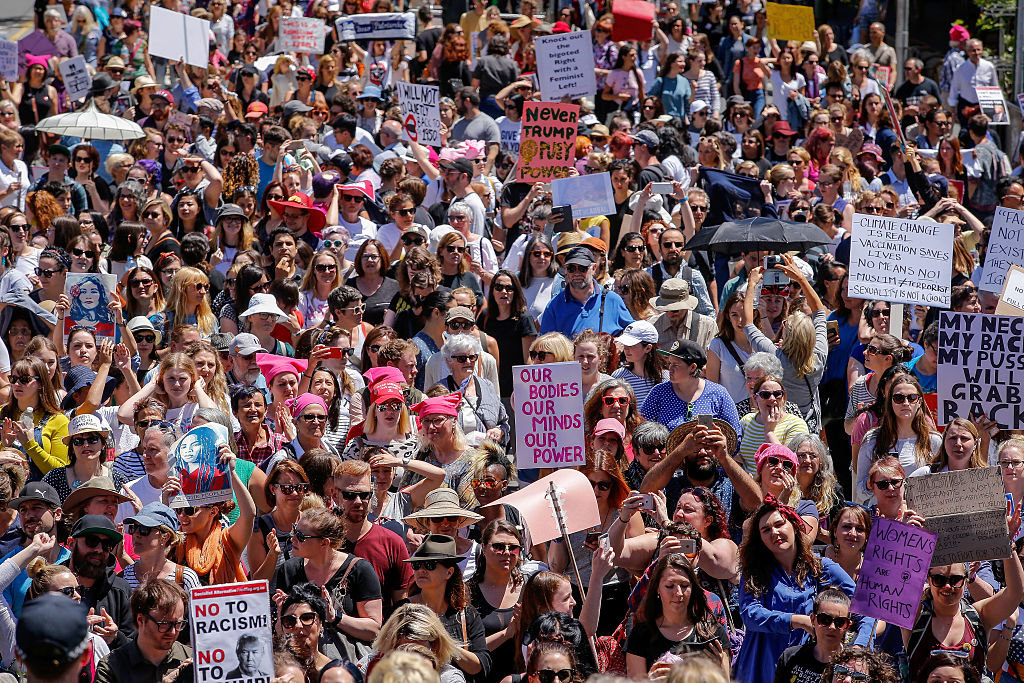 “Our mission is to address the crisis that is Australia’s culture of violence against women,” said Women March Sydney’s lead organiser Meagan Date.
“Our mission is to address the crisis that is Australia’s culture of violence against women,” said Women March Sydney’s lead organiser Meagan Date.

The Women's March in Melbourne in 2017. Source: Getty Images
“It is time to change this culture so that the next generation of women can live their lives to their fullest potential; free from intimidation, harassment and violence.”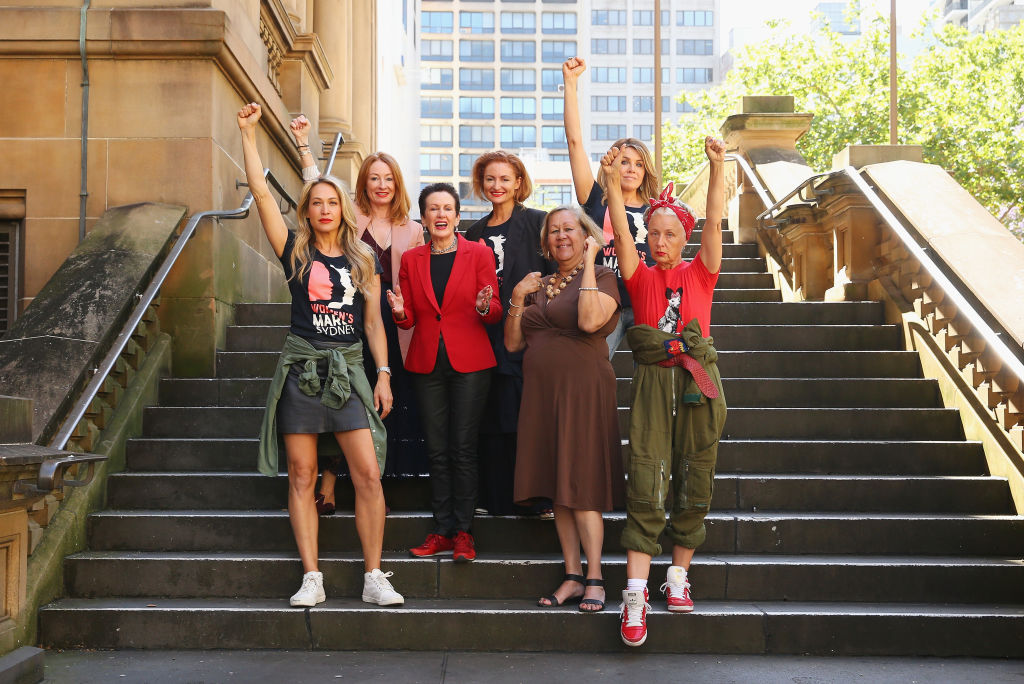 According to the Australian Bureau of Statistics, one in five Australian women have experienced sexual violence. Last year, 69 women died at the hands of violence, according to the Counting Dead Women project.
According to the Australian Bureau of Statistics, one in five Australian women have experienced sexual violence. Last year, 69 women died at the hands of violence, according to the Counting Dead Women project.

Ambassadors of the 2019 #WomensWave Sydney Women's March. Source: Getty
Just earlier this week, 21-year-old international student Aia Masarwe was killed in Melbourne after alighting a tram on her way home.
The first Women’s March erupted in the US after growing anger at sexist rhetoric used during the 2016 presidential campaign. Similar marches quickly sprung up in hundreds of cities, including 10,000 people in Sydney. It’s estimated it was the largest mass political protest in history.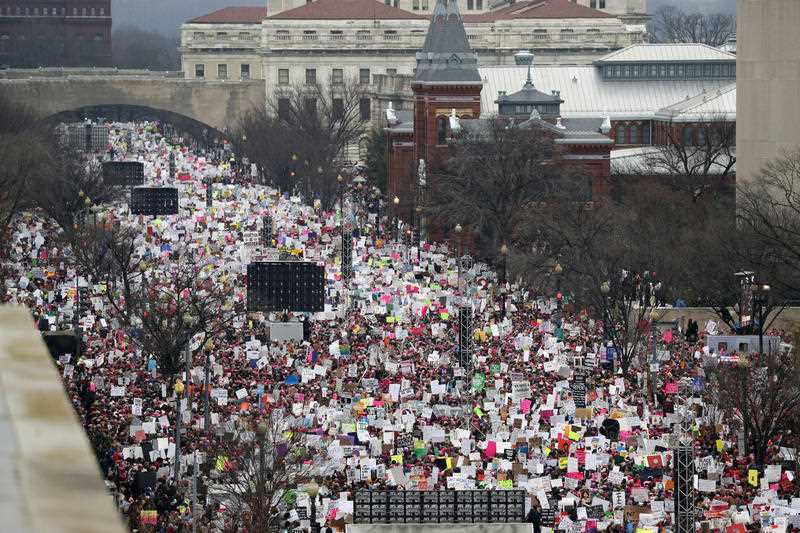 This year the theme is a #WomensWave, and in Australia, organisers say that means tackling three aims; to draw attention to the crisis of violence against women, to drive change in cultural attitudes that allow this violence, and to demand the government do something about the first two issues.
This year the theme is a #WomensWave, and in Australia, organisers say that means tackling three aims; to draw attention to the crisis of violence against women, to drive change in cultural attitudes that allow this violence, and to demand the government do something about the first two issues.

The first Women's March in Washington has been described as the largest-single day protest in US history. Source: AP
The survivor
Writer, legal researcher and sexual assault survivor Bri Lee will be speaking at the Sydney march and said when fighting gendered violence “persistence is everything”.
“Women are fighting so hard from having been consistently on the back foot,” she told SBS News.
“It’s going to take so long for us to ever achieve full equality if we ever do in any industry, let alone the home. If we don’t have persistence, we have nothing.”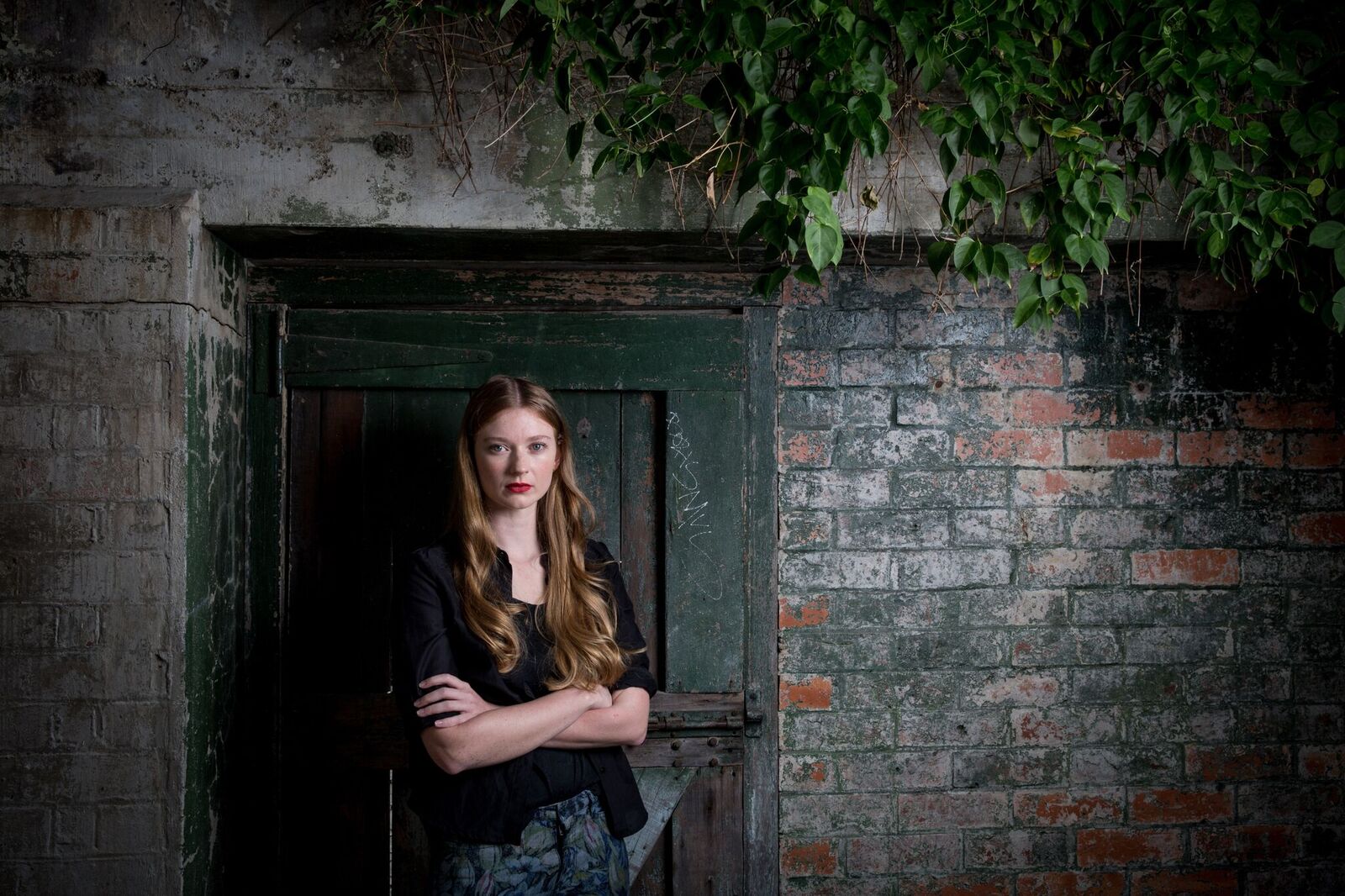 Ms Lee released her book Eggshell Skull, an in-depth look at systematic sexism in the Australian justice system, in June last year. In it, she shares her own story of being sexually abused as a child by a family friend. She's since been approached by many women wanting to share their own stories.
Ms Lee released her book Eggshell Skull, an in-depth look at systematic sexism in the Australian justice system, in June last year. In it, she shares her own story of being sexually abused as a child by a family friend. She's since been approached by many women wanting to share their own stories.

"If we don’t have persistence we have nothing," said writer and survivor Bri Lee, who is speaking at this weekend's march. Source: Supplied
At one book signing, she said she spoke to a mother and daughter who after reading her book realised they had both survived similar experiences, but until then, had been unable to talk about it. It’s these stories that she wants to focus on when she addresses the crowd.
“It’s easy to get disheartened with how big these problems are and feeling like there’s no point trying to change the system when the system doesn’t want to change,” she said.
“I just feel there is something very special about the #MeToo movement. That is about people sharing stories with each other, and it’s easy to dismiss that as just a feelings thing but I believe it’s the first step in realising structural issues and patterns.”
While she believes online activism - like the beginnings of the #MeToo movement - is worthwhile, she says physical marches are a powerful way of showing people who aren’t inclined to listen that you aren’t going anywhere.
“You get up, you meet other people, you use your feet, your bodies are there in the street - it’s something that is undeniable.”
The Indigenous leader
Indigenous community leader and Wiradjuri woman Aunty Norma Ingram, who is also speaking at the march, said she was inspired to get involved after meeting and sharing stories with First Nations women from around the world.
"Alone I think we feel a little bit defensive, but when we get together we can be a force to reckon with and we can stand up and say ‘no more’,” she told SBS News.
"It's standing together, not only just in your own community or country but internationally, and saying we are not going to suffer through this trauma anymore."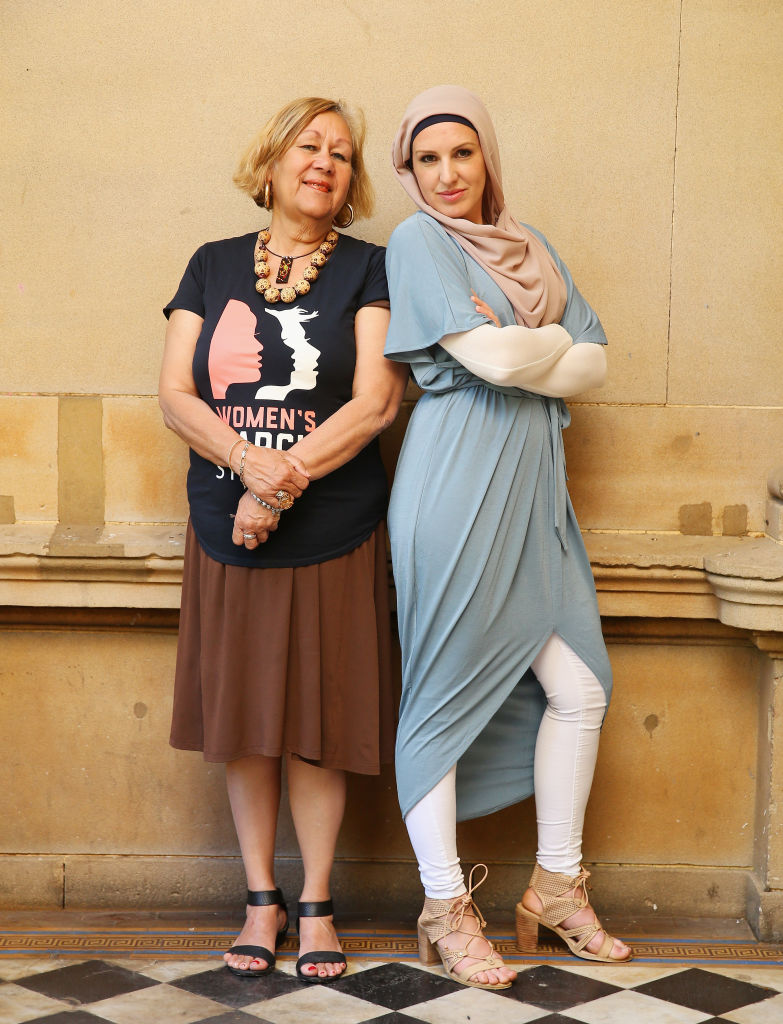 Organiser Ms Date agrees that events like the marches are important to “remind each other that none of us are in this alone”.
Organiser Ms Date agrees that events like the marches are important to “remind each other that none of us are in this alone”.

Aunty Norma Ingram, left, ahead of the 2019 Sydney Women's March. Source: Getty Images
As a practical initiative, Sydney march organisers are calling on government leaders to support the Safe State initiative - a list of 49 recommendations from frontline workers and experts with the aim of ending family and domestic violence in NSW.
But Aunty Norma worries that while initiatives like the Women's March are taking place in Australian cities, information is not reaching remote Indigenous communities where women are facing additional trauma. In 2015, Indigenous women were 32 times more likely to be hospitalised due to family violence than non-Indigenous women.
"They [women] don't want to report the men because they don't want the men to be arrested and be an Aboriginal death in custody. So there are all these issues that we really have to take into consideration and think about our history," she said.
“When women are abused, it’s not just the women who are feeling the brunt of that.
"If you look at the Aboriginal kinship system, we have a very wide family network so we even go so far to say it’s not a domestic violence issue, it’s a community violence issue."
Ms Lee hopes the marches help the conversation around violence in the home ramp up.
“Most women are at risk of men that are known to them, in a domestic setting, without the use of a weapon,” she said.
“We are seeing these horrific attacks [by strangers] ... but that is the rare, abnormality compared to the overwhelming number of sex offending that happens by stepfathers or by family friends.
“And that really insidious thing that is often overlooked and excused by other family members is the thing we need to fight.”
If you or someone you know is impacted by sexual assault, domestic or family violence, call 1800RESPECT on 1800 737 732. In an emergency, call 000.

